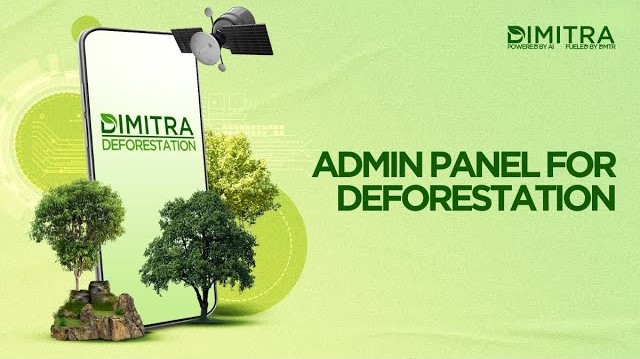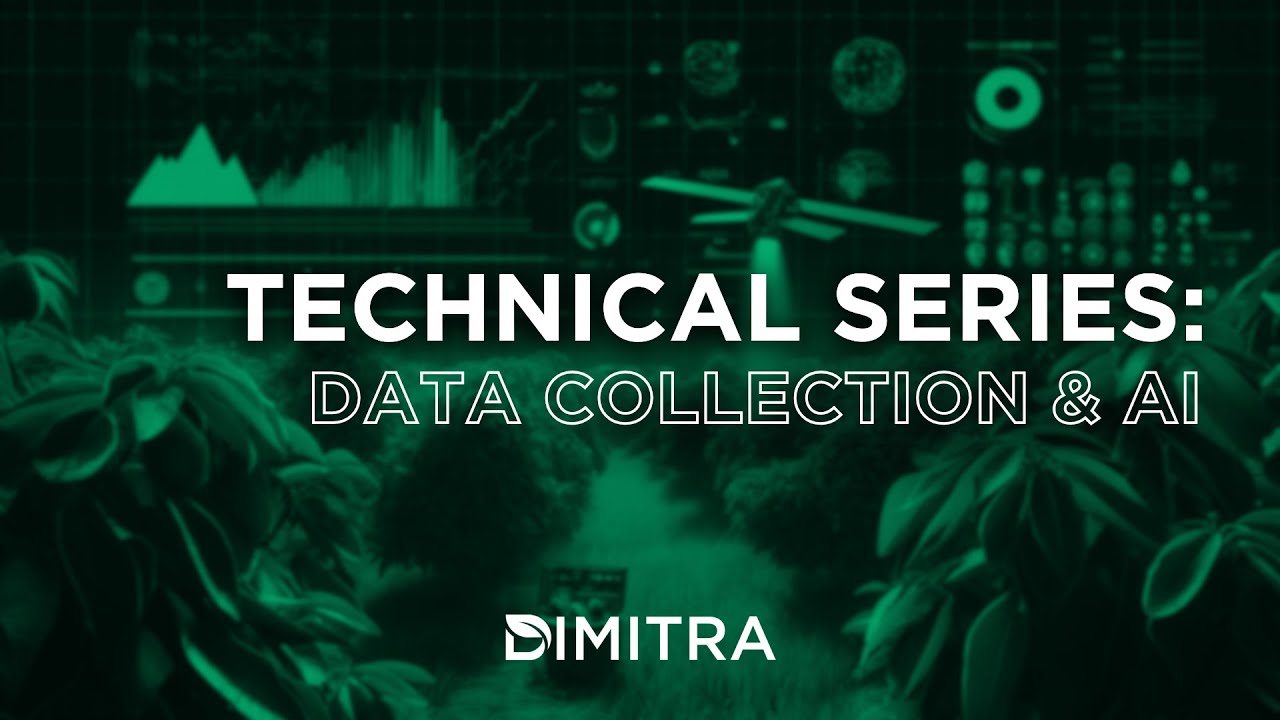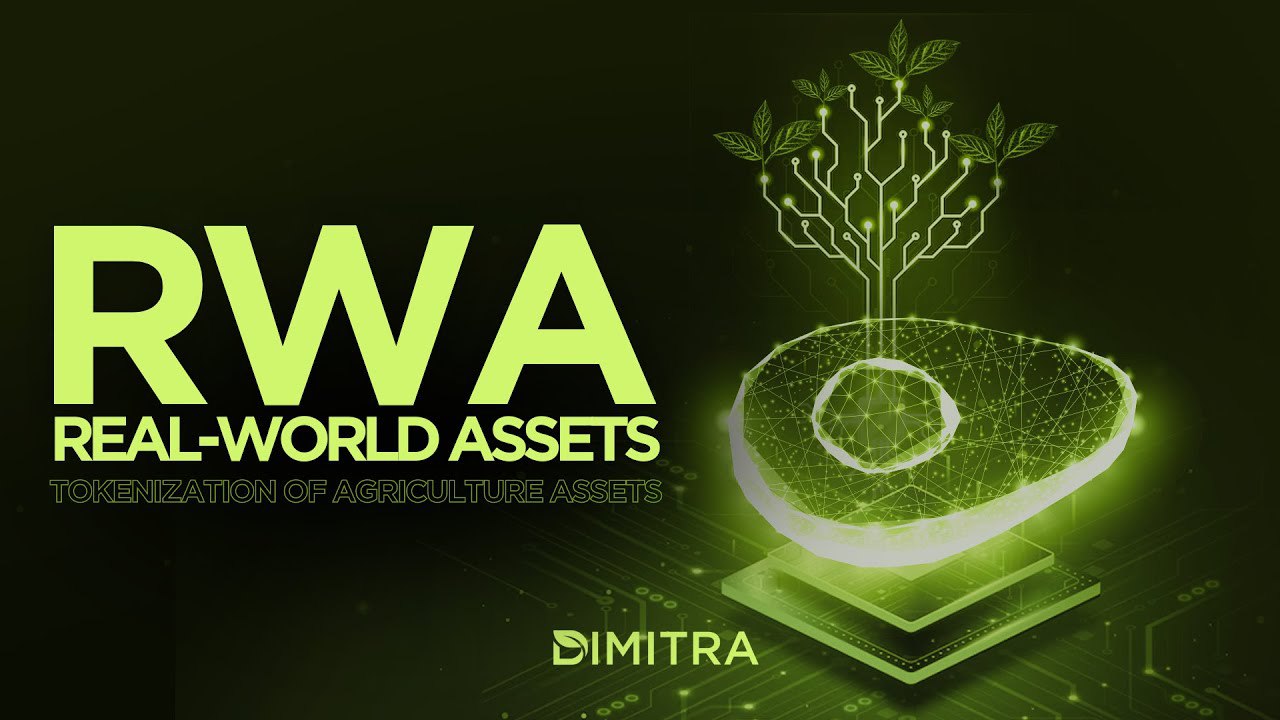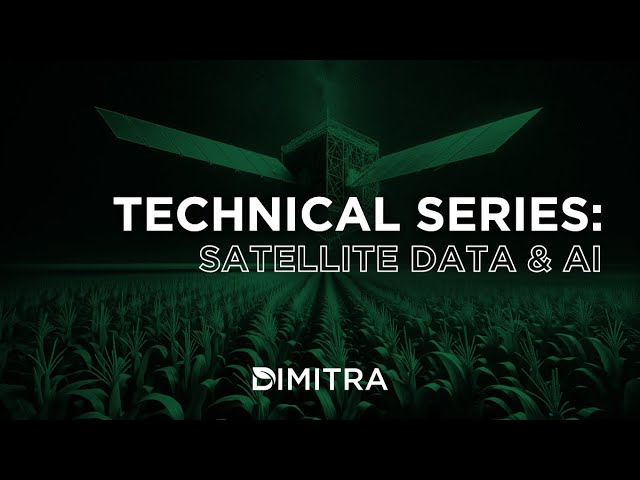Complying with EUDR: A Coffee Journey in Honduras

Dimitra Incorporated
New Horizon Building, 3-1/2 Miles Philip S.W. Goldson Highway, Belize City
info@dimitra.io
New Horizon Building, 3-1/2 Miles Philip S.W. Goldson Highway, Belize City
info@dimitra.io
The Dimitra Deforestation Platform offers a comprehensive AI-based solution for the traders and operators to comply with the EUDR requirements.
By using satellite analysis, AI, blockchain, and mobile tech, operators can detect deforestation, prove compliance, and reduce fraud risk.
New Horizon Building, 3-1/2 Miles Philip S.W. Goldson Highway, Belize City
info@dimitra.io
Dimitra is thrilled to announce the founding of Dimitra Europe GmbH. We are looking forward to serving our EU customers and partners from our offices located just outside of Vienna, Austria.
New Horizon Building, 3-1/2 Miles Philip S.W. Goldson Highway, Belize City
info@dimitra.io
New Horizon Building, 3-1/2 Miles Philip S.W. Goldson Highway, Belize City
info@dimitra.io
New Horizon Building, 3-1/2 Miles Philip S.W. Goldson Highway, Belize City
info@dimitra.io
New Horizon Building, 3-1/2 Miles Philip S.W. Goldson Highway, Belize City
info@dimitra.io
New Horizon Building, 3-1/2 Miles Philip S.W. Goldson Highway, Belize City
info@dimitra.io
New Horizon Building, 3-1/2 Miles Philip S.W. Goldson Highway, Belize City
info@dimitra.io
New Horizon Building, 3-1/2 Miles Philip S.W. Goldson Highway, Belize City
info@dimitra.io
How does Dimitra harness satellite data and AI for precision agriculture?
By studying hidden wavelengths, we generate insights about plant health and soil properties. This helps farmers efficiently target resources, increase yields, and ensure sustainable farming methods.
New Horizon Building, 3-1/2 Miles Philip S.W. Goldson Highway, Belize City
info@dimitra.io